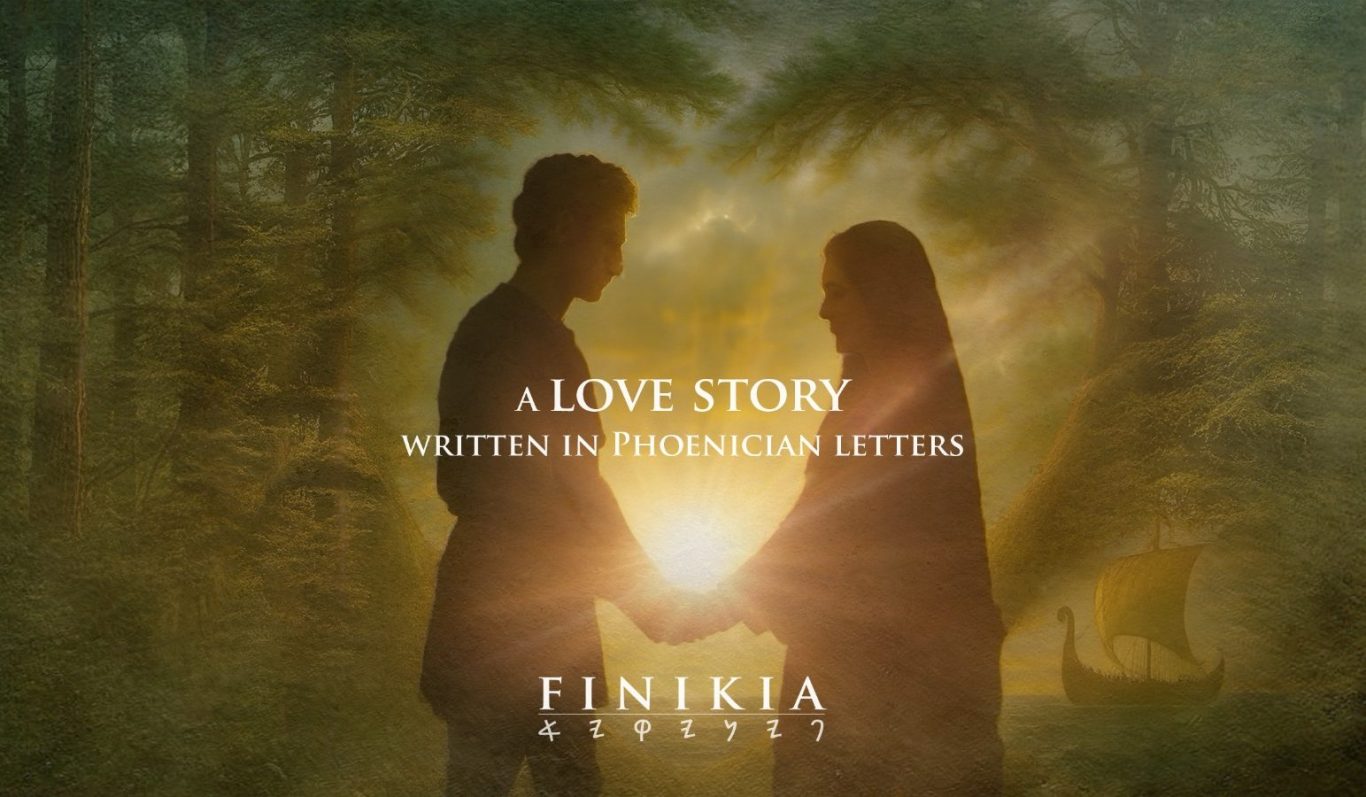SYNOPSIS
The story “Finikia” centers on Sophira, a young woman caught between two rival Phoenician families, the Alzar and the Haddar, in the city of Tyre. Her secret love for Aziru, a change advocate, contrasts with her childhood bond to Yadon of the Haddar family. As Persian threats escalate, Sophira guides Aziru and Yadon in a risky mission against the Persians, culminating in Yadon’s sacrifice.
Against the ever-shifting tides and beneath the sails stitched by generations, Tyre’s shipyards echoed with the clang of bronze and the songs of carpenters. The Alzar and Haddar families, both masters of their craft, vied to outdo one another - not only in the volume and speed of their vessels, but in the artistry of their construction. Each cedar-planked galley that slid into the Mediterranean was a testament to Phoenician ingenuity, its swept prow and painted eyes promising safe passage and commercial fortune.
In the heart of the city, children traced letters on shards of pottery or sand, practicing the simple yet revolutionary script that had carried their people’s voice from Egypt to Iberia. The alphabet - twenty-two signs, each a vessel for sound and meaning - was the real legacy of Tyre’s merchant princes. While the ships carried precious cargoes of glass, purple dye, and cedar to distant shores, their script travelled farther still, shaping commerce, diplomacy, and song across the known world.
For Sophira, these symbols and ships became metaphors: the alphabet, a tool for forging connection and understanding; the ships, vehicles of adventure and self-determination. Under Aziru’s tutelage, she saw her city’s gifts anew - how the curve of wood and the line of ink both charted courses through uncertainty and discord. In the end, it was not just in star-maps or whispered promises that Sophira found her path, but in the twin legacies of her people: their mastery of the sea, and their enduring power to give voice to new stories.
Their tale symbolizes courage, sacrifice, and hope for unity amidst deep-seated family rivalries.


Executive Producer’s Statement
Welcome to the world of "Finikia," a film that delves into the rich cultural heritage of the Phoenician 480 BCE era. As the executive producer, my vision for this film is to bring to life the untold stories of love, identity, and cultural heritage that have shaped our history.
The inspiration for "Finikia" came from my fascination with the ancient Phoenician civilization. Their contributions to trade, language, and culture have left an indelible mark on history, yet their stories remain largely untold. Through this film, I aim to shed light on their legacy and the enduring impact they have had on our Western world.
I believe that "Finikia" will leave a lasting impact on audiences, evoking a sense of wonder and appreciation for the rich tapestry of Phoenician history. I hope that viewers will be moved by the characters' journeys and the emotional depth of the story.
Thank you for joining us on this journey through time. I look forward to sharing "Finikia" with you and hope that it will inspire you as much as it is inspiring me.
In "Finikia," this resonance with both land and sea shapes the very heart of the film. The geography of Lebanon - its dramatic cliffs, verdant valleys, and shimmering blue bays - provides a breathtaking backdrop for romance and rivalry. The cedars, steadfast and eternal, watch over the unfolding drama, just as they once sheltered those who crafted the alphabet and charted the stars. It is here, amid the timeless splendour of mountain and surf, that ancient stories awaken and the world of the Phoenicians is reborn for a new generation.